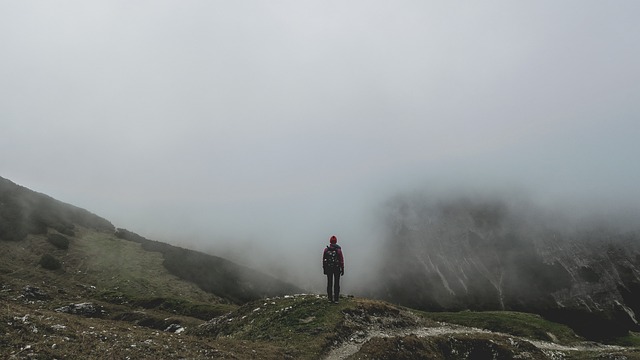
Welcome to our comprehensive gear guide for solo backpackers. In this article, we will delve into the essential items that every adventurer should have in their pack.
From a lightweight tent and water filter to a compact stove and sleeping bag, we have curated a list of eight must-have items.
Equipped with hiking boots, a headlamp, multi-tool, and first aid kit, you will be prepared for any outdoor excursion.
Join us as we provide you with the detailed knowledge to ensure a successful solo backpacking experience.
Lightweight Tent
When embarking on a solo backpacking trip, one essential item to invest in is a lightweight tent. Not only does a lightweight tent provide shelter and protection from the elements, but it also offers a sense of security and privacy when camping in remote areas.
One of the advantages of hammock camping is its lightweight and compact nature, making it an ideal option for backpackers looking to minimize their load.
Additionally, choosing the right sleeping pad is crucial for a comfortable night's sleep. Opt for a lightweight and compact sleeping pad that offers sufficient insulation and cushioning. Consider factors such as durability, ease of inflation and deflation, and insulation properties when selecting the right sleeping pad for your backpacking adventure.
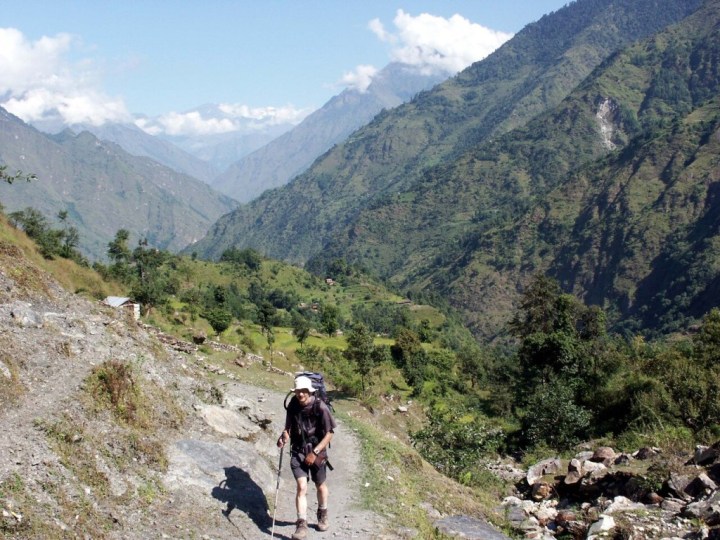
Water Filter
When embarking on a solo backpacking adventure, having access to clean drinking water is essential for staying hydrated and maintaining good health.
A water filter is a crucial item to include in your backpacking gear as it allows you to purify water from various sources, ensuring that it is safe to drink.
These filters are designed to be portable and lightweight, making them convenient to carry and use during your outdoor excursions.
Purifying Drinking Water
A reliable water filter is an essential item for every solo backpacker to ensure the purification of drinking water. When exploring remote areas, it is crucial to have access to clean and safe water to prevent waterborne illnesses. There are various water purification methods available, but a water filter is the most convenient and efficient option.
Here are three reasons why a water filter is indispensable for solo backpackers:
Convenient and portable: A compact water filter can easily fit in your backpack, allowing you to purify water on the go without the need for bulky equipment.
Removes contaminants: A good water filter can effectively remove bacteria, protozoa, and other harmful substances, ensuring the water you drink is safe and free from contaminants.
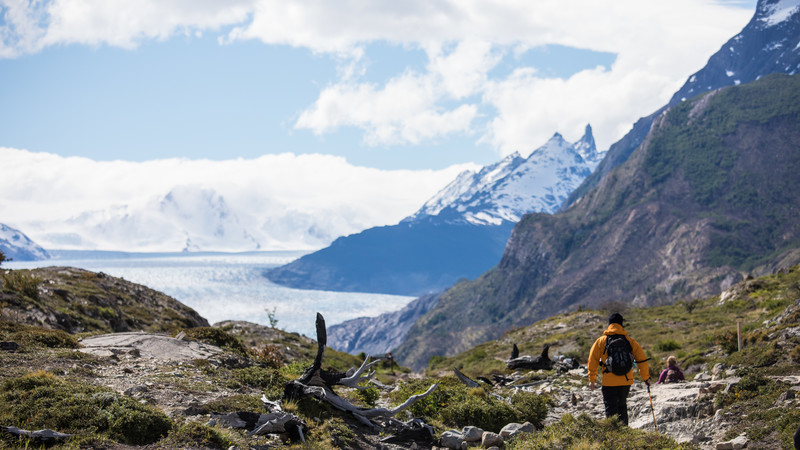
Cost-effective: Investing in a quality water filter is a cost-effective solution compared to constantly buying bottled water or relying on other purification methods.
Portable and Lightweight
One essential item for every solo backpacker is a portable and lightweight water filter. When exploring the great outdoors, access to clean drinking water is crucial for staying hydrated and maintaining good health. Portable water filters are designed to remove impurities and contaminants from natural water sources such as rivers, lakes, and streams, making it safe for consumption. These filters are compact and lightweight, making them easy to carry in a backpack. They are also durable and designed to withstand rugged outdoor conditions.
In addition to a water filter, solo backpackers should also consider carrying portable water bottles that are lightweight and easy to refill. Lightweight cooking utensils can also be useful for preparing meals on the go. These essential items ensure that solo backpackers can enjoy their outdoor adventures without worrying about the availability of clean water and the means to prepare food.
Ensuring Safe Hydration
To ensure safe hydration while backpacking solo, it is essential to have a reliable water filter that removes impurities and contaminants from natural water sources. A water filter is an indispensable tool for any solo backpacker, as it allows you to stay hydrated without the worry of ingesting harmful bacteria or parasites.
Here are three important factors to consider when choosing a water filter:
Filtration Technology: Look for filters that use advanced filtration technologies such as activated carbon and hollow fiber membranes. These technologies effectively remove bacteria, protozoa, and even viruses from the water.
Filter Lifespan: Consider the lifespan of the filter cartridge or element. Opt for filters that have a long lifespan, as this will save you the hassle of frequently replacing the filter during your backpacking trips.
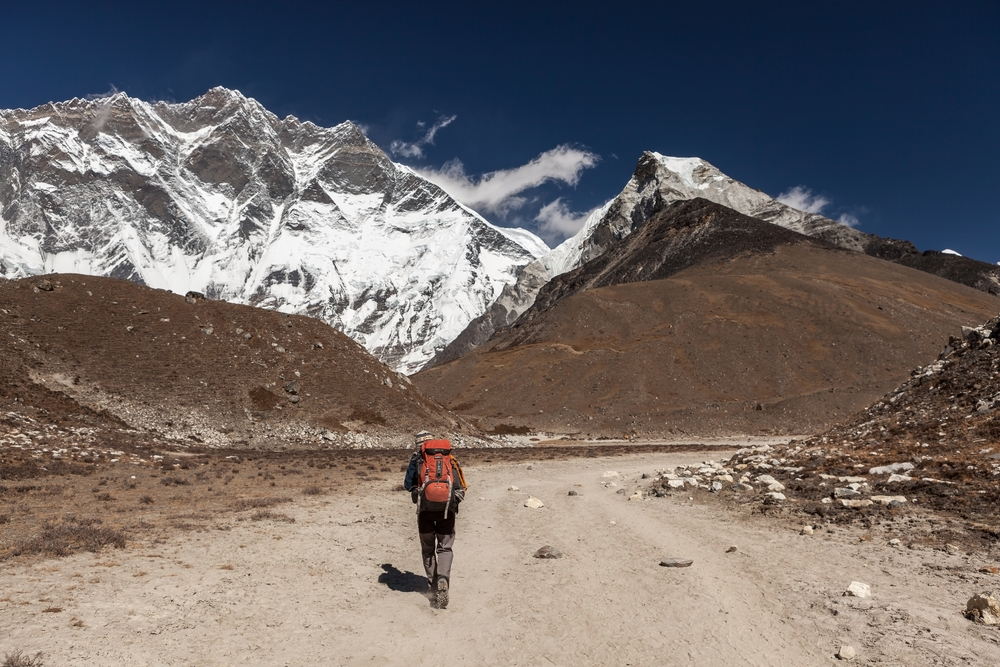
Water Storage Options: Some water filters come with integrated water storage systems, such as collapsible water bottles or hydration bladders. These options provide convenience and make it easier to carry and access filtered water on the go.
Compact Stove
The compact stove is an indispensable tool for solo backpackers, providing them with a portable and efficient cooking solution.
When it comes to choosing a compact stove, there are a few key factors to consider.
First, it should be lightweight and compact, as space and weight are crucial considerations for backpackers. A stove that can easily fit into a backpack without taking up too much space is ideal.
Additionally, it should be easy to set up and use, with a reliable ignition system and adjustable flame control. This ensures that backpackers can quickly and efficiently cook their meals without any hassle.
Finally, a compact stove should also be fuel-efficient, allowing backpackers to carry less fuel and reducing the overall weight of their portable gear.
With these features, a compact stove becomes an essential item for solo backpackers, enabling them to prepare hot meals even in remote locations.
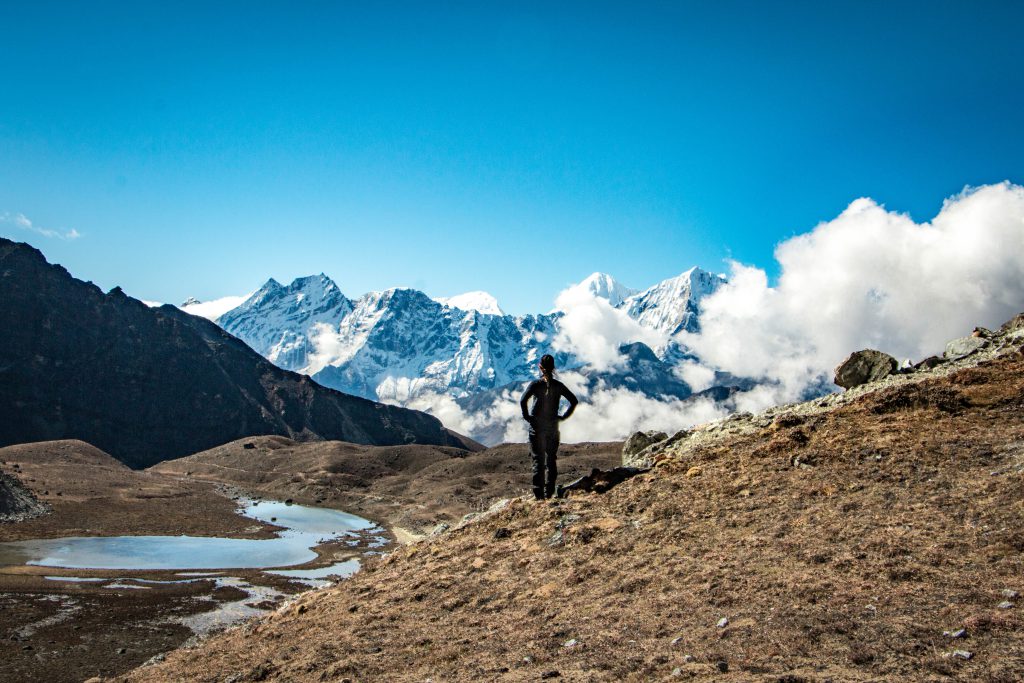
Sleeping Bag
A solo backpacker's sleeping bag is a crucial piece of gear that provides warmth and comfort during outdoor adventures.
Choosing the right insulation for your sleeping bag is essential to ensure adequate warmth in various weather conditions. Synthetic insulation is a popular choice for its affordability, quick-drying properties, and ability to retain warmth even when wet. Down insulation, on the other hand, is lighter, more compressible, and offers a superior warmth-to-weight ratio. However, it is more expensive and loses its insulating properties when wet.
Another consideration is the weight of the sleeping bag. Ultralight options are ideal for backpackers looking to minimize pack weight, while heavier bags may provide more insulation in colder climates.
Ultimately, finding the right balance between insulation, weight, and budget is key when choosing a sleeping bag for solo backpacking trips.
Hiking Boots
When it comes to hiking boots, durability and comfort are two crucial factors to consider. A durable pair of boots will withstand the rigors of the trail, ensuring they last for multiple hikes.
Additionally, comfort is essential to prevent blisters and foot fatigue, so look for features like cushioning, ankle support, and a good fit.
Boot Durability and Comfort
Achieving optimal boot durability and comfort is crucial for solo backpackers. When it comes to hiking boots, there are a few key factors to consider that can greatly enhance your experience on the trail.

Boot Sizing: Proper boot sizing is essential to prevent discomfort and blisters. Ill-fitting boots can cause rubbing and pressure points, leading to painful blisters. It is important to measure your feet accurately and try on different brands and styles to find the perfect fit.
Blister Prevention: Blisters can quickly turn a pleasant hike into a painful ordeal. Look for boots with features such as padded collars, cushioned insoles, and moisture-wicking materials to minimize friction and reduce the chances of developing blisters.
Durability: Solo backpackers often encounter rough terrains and unpredictable weather conditions. Therefore, it is vital to choose hiking boots that are built to withstand these challenges. Look for boots made with high-quality materials, reinforced toe caps, and sturdy outsoles to ensure long-lasting durability.
Ideal Hiking Boot Features
Hiking boots with ideal features are essential for solo backpackers seeking durability and comfort on the trail. One important feature to consider is footwear flexibility. Hiking boots should offer enough flexibility to allow natural foot movement, preventing discomfort and reducing the risk of injury.
Additionally, breathability and moisture-wicking properties are crucial for keeping feet dry and comfortable. Look for boots made with breathable materials and equipped with moisture-wicking liners or membranes. This will help to prevent sweat build-up, reduce the growth of bacteria, and minimize the chance of blisters. Good airflow and moisture management are especially important during long hikes or in hot and humid conditions.
Headlamp
A reliable headlamp is crucial for solo backpackers to navigate in low-light conditions.
When choosing a headlamp, there are several features to consider. Firstly, brightness levels are important, as they determine how well you can see in the dark. Look for a headlamp with adjustable settings to suit different situations.
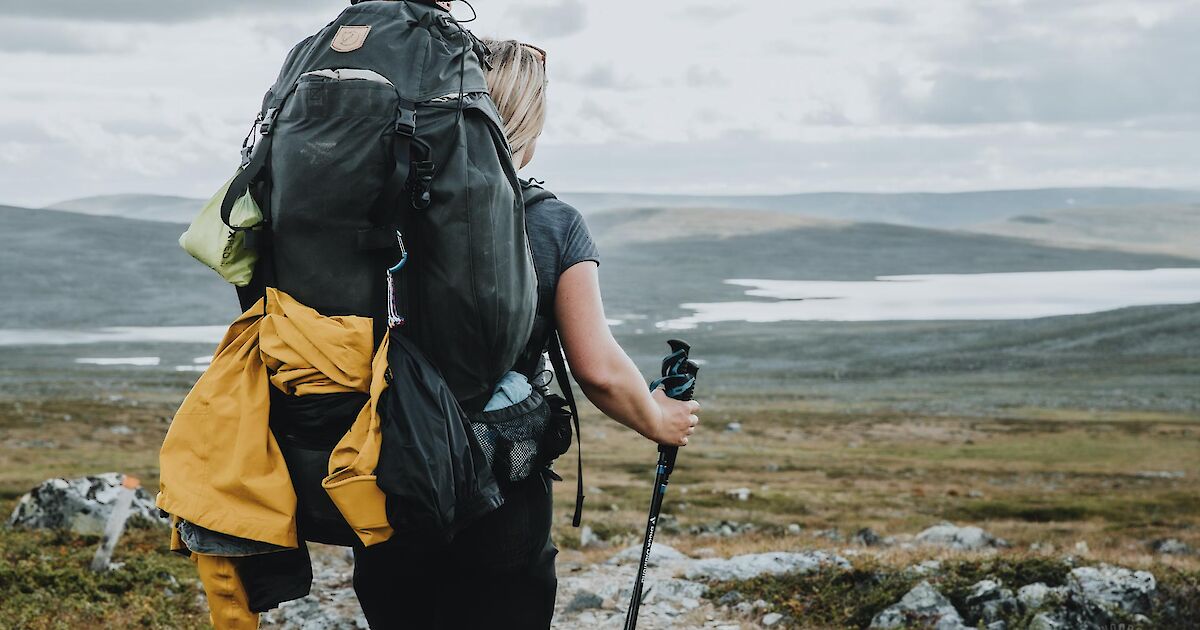
Secondly, beam distance is crucial for spotting objects in the distance. Opt for a headlamp with a long beam distance for better visibility.
Lastly, battery life is a key factor to consider, especially for longer trips. Look for a headlamp with a long battery life or one that is rechargeable to avoid running out of light when you need it the most.
With these features in mind, solo backpackers can find a headlamp that meets their needs and ensures safe and efficient navigation in low-light conditions.
When it comes to equipping oneself for the challenges of solo backpacking, a multi-tool is an essential item that should not be overlooked.
A multi-tool is a versatile device that combines multiple functions in one compact tool. It is designed to provide convenience and utility in various situations.
The uses of a multi-tool are extensive and include tasks such as cutting, screwing, opening cans, and wire stripping. Additionally, it can serve as a knife, pliers, saw, file, and even a bottle opener.
To ensure the longevity and effectiveness of a multi-tool, proper maintenance is crucial. This includes regular cleaning, lubrication of moving parts, and sharpening of blades. It is important to keep the multi-tool in good condition to maximize its usefulness in the field.
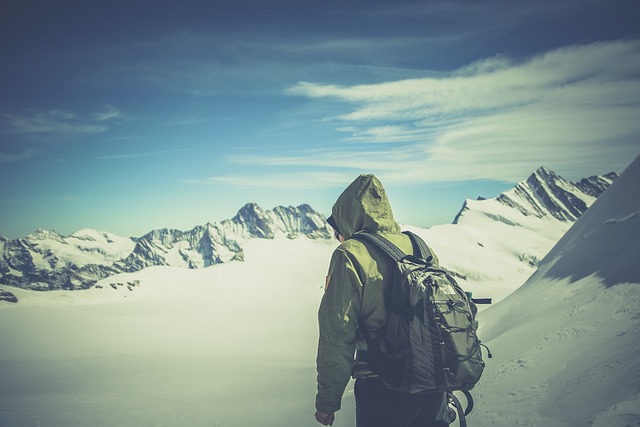
First Aid Kit
Equipped with essential medical supplies, a comprehensive first aid kit is indispensable for solo backpackers. When venturing into the wilderness, accidents can happen, and being prepared can make a significant difference in handling emergencies. Here are three items that should be included in every solo backpacker's first aid kit:
Bandages: Various sizes of adhesive bandages are essential for covering cuts, blisters, and abrasions. They provide protection and prevent further injury or infection.
Antiseptic wipes: These wipes are crucial for disinfecting wounds and preventing infection. They are compact, lightweight, and easy to use, making them ideal for outdoor situations.
Pain relievers: Acetaminophen or ibuprofen can provide relief from headaches, muscle aches, and pain caused by minor injuries. It's important to have these medications on hand for immediate relief.
In addition to having a well-stocked first aid kit, solo backpackers should also consider receiving first aid training to enhance their emergency preparedness.
 Travel AdviceDigital NomadsExPat LivingTravel Content Creation HacksPlaces to VisitAdventure TravelPrivacy PolicyTerms And Conditions
Travel AdviceDigital NomadsExPat LivingTravel Content Creation HacksPlaces to VisitAdventure TravelPrivacy PolicyTerms And Conditions
